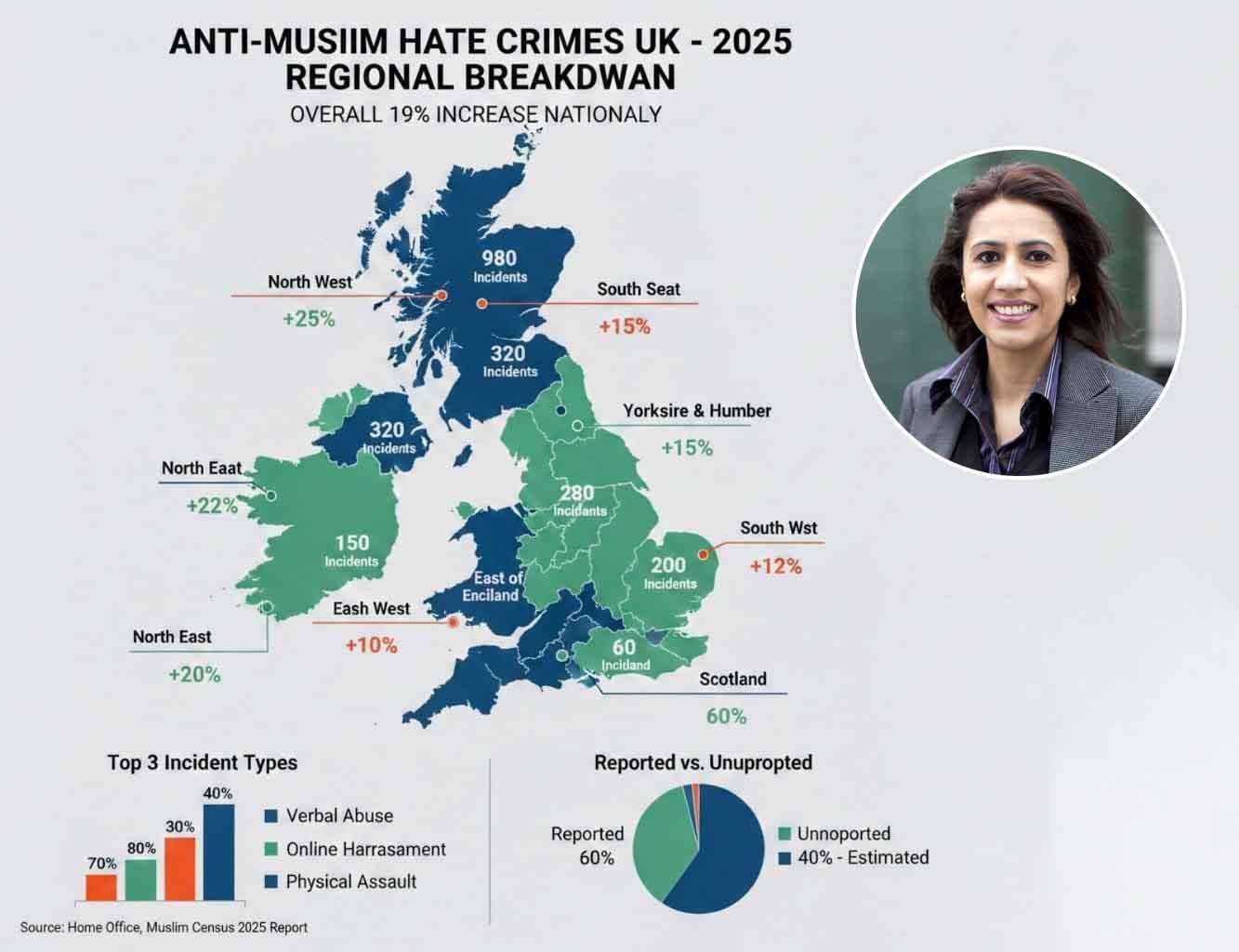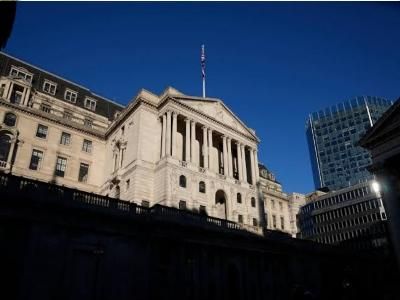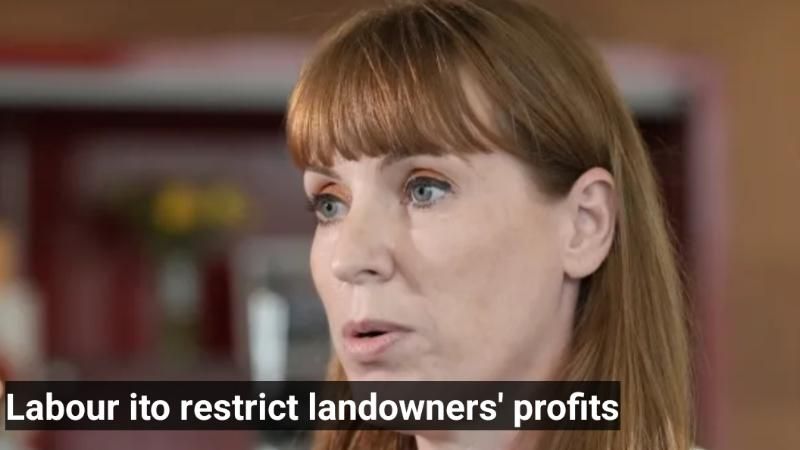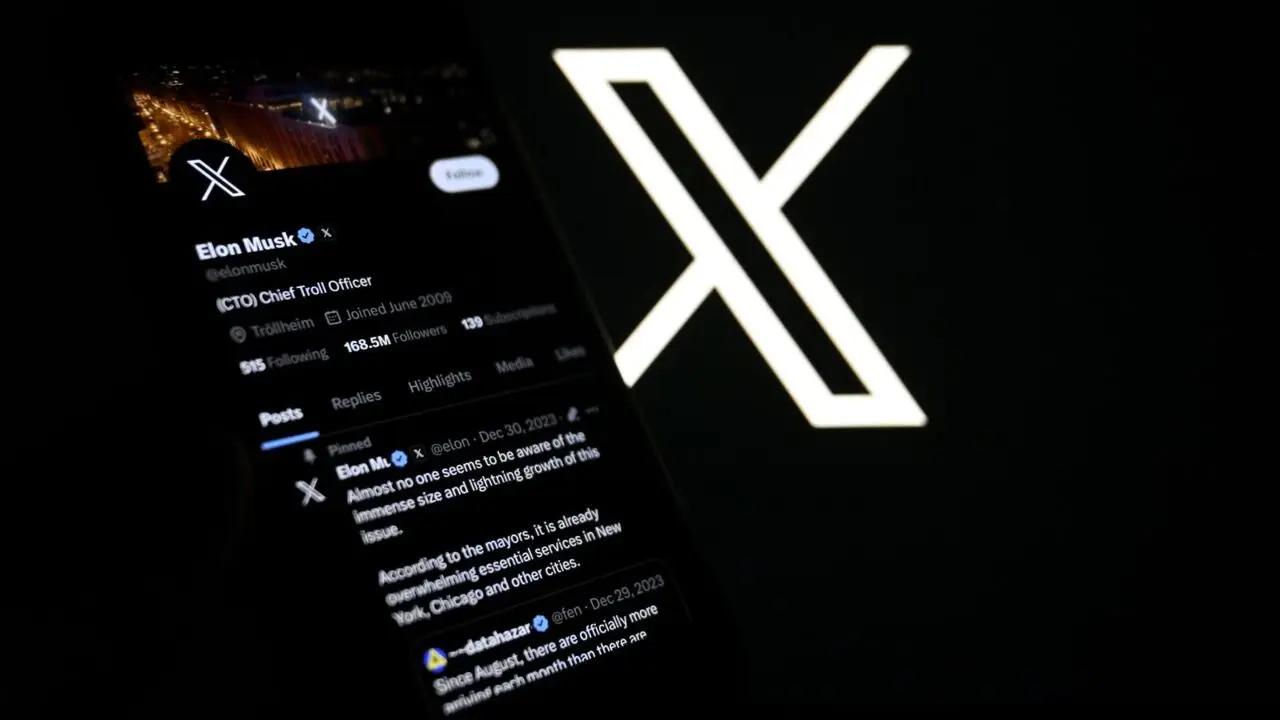The pressure from the cost of living crisis is apparent as the Bank of England is expected to suffer a setback this week in its fight against rising inflation amid expectations for the first hike in the headline rate this year.
Official numbers are anticipated to indicate that inflation returned beyond the Bank of England's 2% target in July, partly due to rapidly rising costs for travel packages, hotels, and airfares on Wednesday, capping a week of significant economic updates from the United Kingdom.
Headline inflation is expected to reach 2.3%, according to city experts. This would be the first increase in headline inflation since December 2023, after it had previously been stable at the 2% objective for two straight months in May and June.
The predictions come after a smaller decline in household energy prices in July compared with the same month a year ago, when prices fell sharply, meaning that the year-on-year inflation rate is set to increase.
Analysts said that while inflation in services prices was slowing, price growth in this dominant sector of the British economy was on track to remain above 5%, fuelled by air fares, package holidays and hotel prices.
It comes after a sharp rise in the price of one-night stays this year, partly reflecting new seasonal patterns since the lifting of Covid lockdowns, and as hotels deploy surge pricing to respond to increases in demand – including around UK tour dates for stars including Taylor Swift and Pink.
Rob Wood, the chief UK economist at the consultancy Pantheon Macroeconomics, said: “The ONS surveys only about 100 hotels, which means outliers, such as a Welsh hotel price in June boosted by demand from a Pink concert, can distort the figures. But some hotel price inflation is genuine.”
The rise in headline inflation will come after the Bank of England cut interest rates earlier this month for the first time since the start of the Covid pandemic, easing some of the pressure on households with a reduction from 5.25% to 5%.
Inflation has fallen back sharply from a peak of 11.1% in October 2022 after Russia’s invasion of Ukraine triggered an explosion in energy prices.
Threadneedle Street has warned that inflation is likely to rise to about 2.75% in the second half of this year, driven by service sector price rises and a resilient UK jobs market. However, it forecasts these inflationary pressures will gradually fade, taking headline inflation back to 1.7% in two years’ time, before a fall to 1.5% in 2027.
The Bank is expected to cut its base rate close to 3.5% before the end of 2025. However, Andrew Bailey, the Bank’s governor, has said that it will need to be careful not to reduce borrowing costs too quickly or by too much, amid concerns over lingering inflationary pressures.
The economy is predicted to have continued to recover from the recession in the three months leading up to the end of June, according to official numbers that are anticipated on Thursday. City analysts predict growth of 0.7% in the second quarter, which is the same pace as the first.
On the other hand, City analysts predict that Tuesday's employment data will reveal a cooling labour market, with higher unemployment and slower pay growth.
According to a different report released on Monday by the Chartered Institute of Personnel and Development, UK companies now predict that wage growth will only reach 3% over the following 12 months, down from 4% in the first quarter of 2024.
James Cockett, a senior labour market economist for the CIPD, said: “Falls in expected pay rises were anticipated now inflation is within a tolerable range for employees. However, many workers will still feel worse off than they did a couple of years ago.”








.svg)



